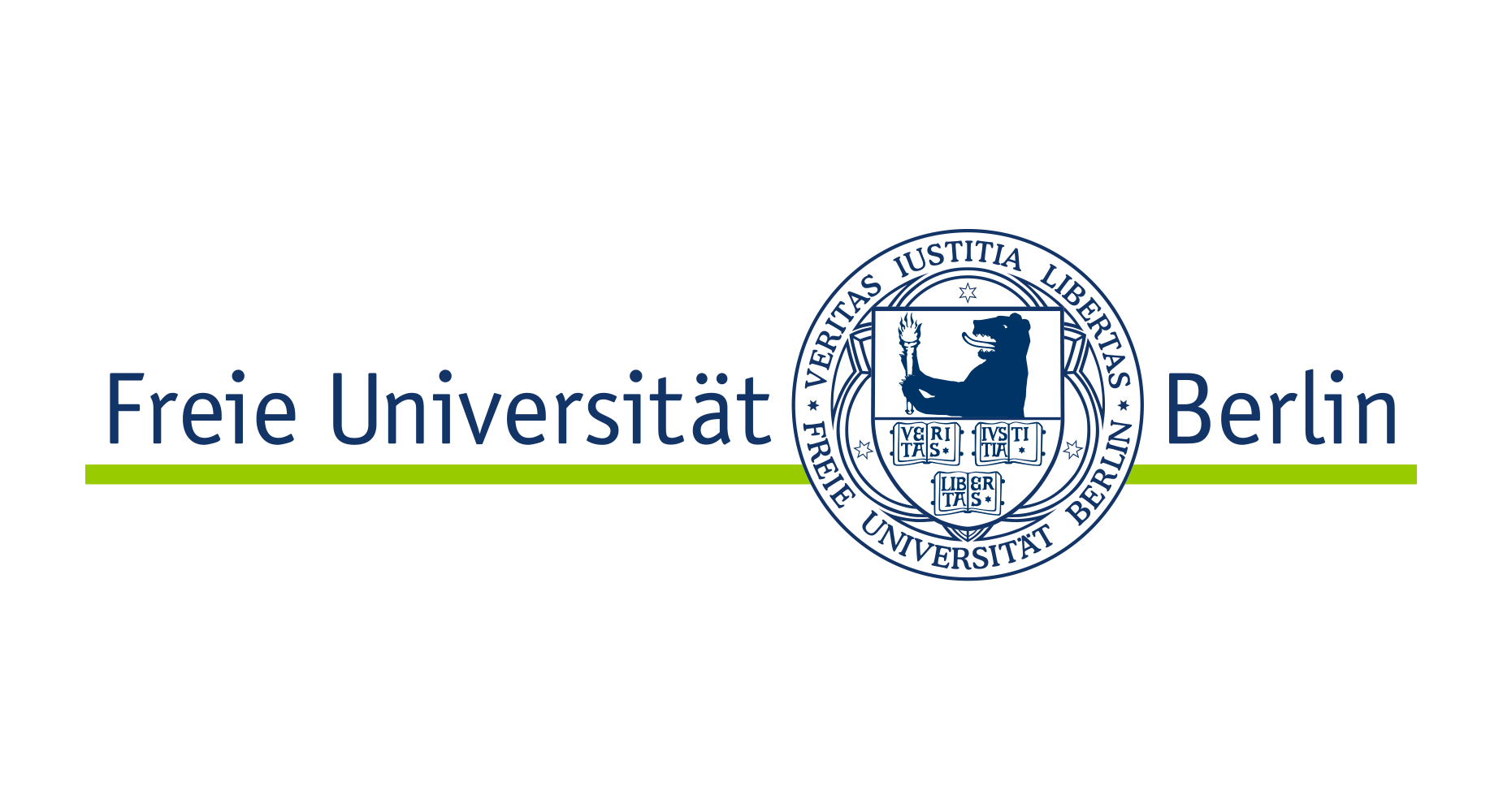- Status: Laufendes Projekt
- Laufzeit: –
Research project
EZRA: Remembering racism and antisemitism
"EZRA - Remembering Racism and Antisemitism" is a joint project of the Catholic University of Eichstätt-Ingolstadt and the Free University of Berlin, funded by the Federal Ministry of Education and Research.
Brief description of the project
Sub-project 1: An empirical study on the local remembrance work of civil society initiatives in the fields of National Socialism, colonialism and post-National Socialist violence
Sub-project 2: Digital educational formats for remembrance work on National Socialism, colonialism, and post-National Socialist violence
Research interest and research questions
The project investigates the significance of civil society initiatives for the public culture of remembrance. It analyses local civil society remembrance work in three fields of activity in an empirically contrasting manner: National Socialism, Colonialism, Post-national socialist violence
By coming to terms with past racist/anti-Semitic violence, such initiatives help to critically scrutinize and expand current knowledge production about racism and antisemitism and their social consequences. Their local commitment broadens the diversity of remembrance work. - This complements school curricula and state-institutional remembrance policies. The initiatives provide impulses that help to shape the public culture of remembrance beyond local spheres of influence. Despite this considerable potential, they have hardly been researched in a systematized comparison to date.
The central thesis of the project is that civil society initiatives do not merely apply national discourses and policies locally but pursue an independent agency that raises neglected issues and perspectives and helps to shape the discourse bottom-up. The research project pursues three objectives and aims to answer the following questions:
- Mapping the initiatives' understanding of themselves and their problems: How do they define racism and antisemitism? Which collective identity constructions are mobilized? What concept do they have of history, society, and public discourse? What (educational) goals do they set?
- Analysing how the initiatives deal with the three areas of tension between official national memory discourses and local specificity, Plurality and the emphasis on singularity, Memories of the heterogeneous violence of the Shoah and Colonialism
- Systematizing the learning potential for civic education (work) resulting from the empirical findings and transferring it into formats for an online platform to be developed.
Project design and method
The research project uses qualitative methods of empirical social research: the above-mentioned project objectives are to be realized by employing document analysis and group discussions.
The document analysis aims to map the initiatives according to their primary areas of work, self-perception, and understanding of problems, to gather initial findings on how they deal with tensions, and to prepare for the group discussions. The work of around 20 initiatives is intended for a more in-depth analysis of the existing materials. The documents of these initiatives will be analyzed as part of a qualitative content analysis.
The group discussions are conducted to analyze how the initiatives work, how they understand themselves, their activities, subject matter, and how they relate to the existing areas of tension. The study utilizes the group discussion method (Bohnsack 1999), which focuses on ascertaining the relevance systems of politically active people. The analysis is carried out using the documentary method. A total of 20 group discussions with real groups will be conducted.
Transfer
In the project's final phase, the online platform EZRA ("Remembrance, Civil Society, Racism, Antisemitism") will be developed in a bottom-up orientated theory-empiricism practice transfer. The findings obtained in the project will be prepared in the form of educational materials and made publicly available via this online platform. The research project cooperates with practice partners involved in promoting democratic processes, thus creating an active network between research and the democratic public. The EZRA online platform is intended to offer an effective transfer and communication format that prepares research results in an addressee-orientated manner for politics, science, and society.
EZRA sub-project
Digital educational formats for remembrance work on National Socialism, colonialism, and post-National Socialist violence
Prof. Dr. Sabine Achour
Free University of Berlin



